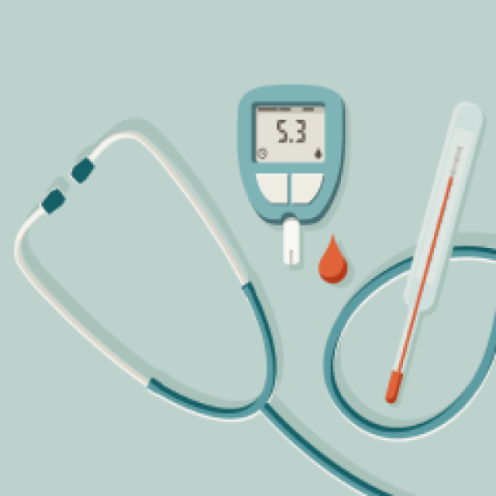Our Terms & Conditions | Our Privacy Policy
Scientists find ‘remarkable’ diet of fruits and vegetables to defeat insomnia
Sign up for our free Health Check email to receive exclusive analysis on the week in health
Get our free Health Check email
Get our free Health Check email

Eating the daily recommended quantity of fruits during daytime can lead to “meaningful change” against insomnia within just a day, a new study suggests.
Sleep fragmentation can have far-reaching consequences, including negative effects on heart health, memory, learning, and mood regulation.
Poor sleep may also cause people to gravitate towards an unhealthier lifestyle, leaning on diets higher in fat and sugar, studies have shown.
However, far less is known about how diet can affect sleep patterns, say researchers from Columbia and the University of Chicago.
The latest study, published in the journal Sleep Health, showed that shifting from a lifestyle of eating no fruits to one including five cups a day can induce sound sleep at night.
Its findings are the first to draw a time-based connection between a given day’s food choices and objectively measured sleep quality that same night.
“It’s remarkable that such a meaningful change could be observed within less than 24 hours,” said sleep expert Esra Tasali, a co-author of the new study.
“Dietary modifications could be a new, natural and cost-effective approach to achieve better sleep,” Dr Tasali said.

open image in gallery
Passenger sleeping on a bus (AFP via Getty Images)
The study included healthy young adults who reported their daily food consumption using an app and wore a wrist monitor that allowed the researchers to objectively measure their sleep patterns.
Scientists specifically looked at “sleep fragmentation,” a measure that reflects how often a person awakens or shifts from deep to light sleep throughout the night.
Researchers found that each day’s diet was linked to “meaningful differences” in the subsequent night’s sleep.
Those who ate more fruits and vegetables during the day were observed to have deeper, more uninterrupted sleep at night.
Participants who ate healthier carbohydrates, like whole grains, also seemed to have better sleep, scientists observed.

open image in gallery
Presentation of crates filled with fruit and vegetables (Hans Lucas/AFP via Getty Images)
Overall, researchers estimated that people who eat their recommended quota of five cups of fruits and veggies per day could experience a 16 per cent boost in sleep quality compared to those who consume no fruits or vegetables.
“16 per cent is a highly significant difference,” Dr Tasali said.
Scientists hope to conduct further research across diverse populations to examine the underlying mechanisms that could explain the positive impact of fruits and vegetables on sleep quality.
Based on the latest results, they advise that regularly eating a diet rich in complex carbohydrates, fruits, and vegetables is best for long-term sleep health.
“Small changes can impact sleep. That is empowering – better rest is within your control,” said Marie-Pierre St-Onge, another author of the study.
Images are for reference only.Images and contents gathered automatic from google or 3rd party sources.All rights on the images and contents are with their legal original owners.



Comments are closed.